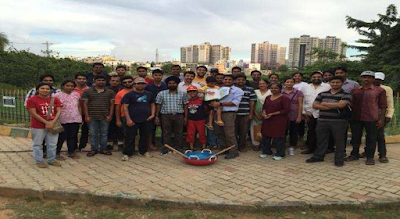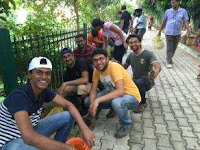Similar Story
Opinion: Why climate action must recognise and include India’s informal workers
The ongoing COP29 conference in Baku, is a pivotal moment in climate action, focusing on global cooperation to limit warming to 1.5°C. Key priorities include mobilising financial resources for developing countries to submit ambitious climate plans (NDCs) by 2025 and continuing support through the Fund for Loss and Damage (FRLD) established at COP28. COP29 also aims to strengthen adaptation efforts by setting finance-backed targets for the Global Goal on Adaptation. While COP29 primarily focuses on international climate initiatives, India must address pressing domestic issues. One key group often overlooked is informal workers in Indian cities. Over 80% of India’s urban…



